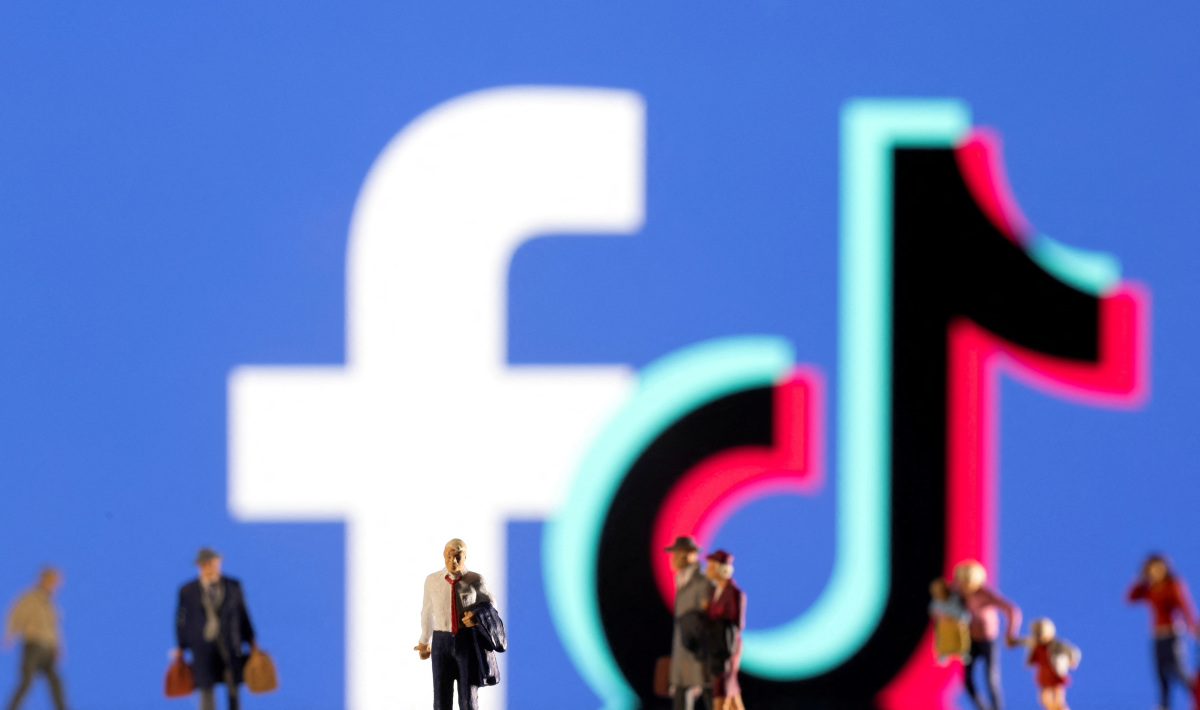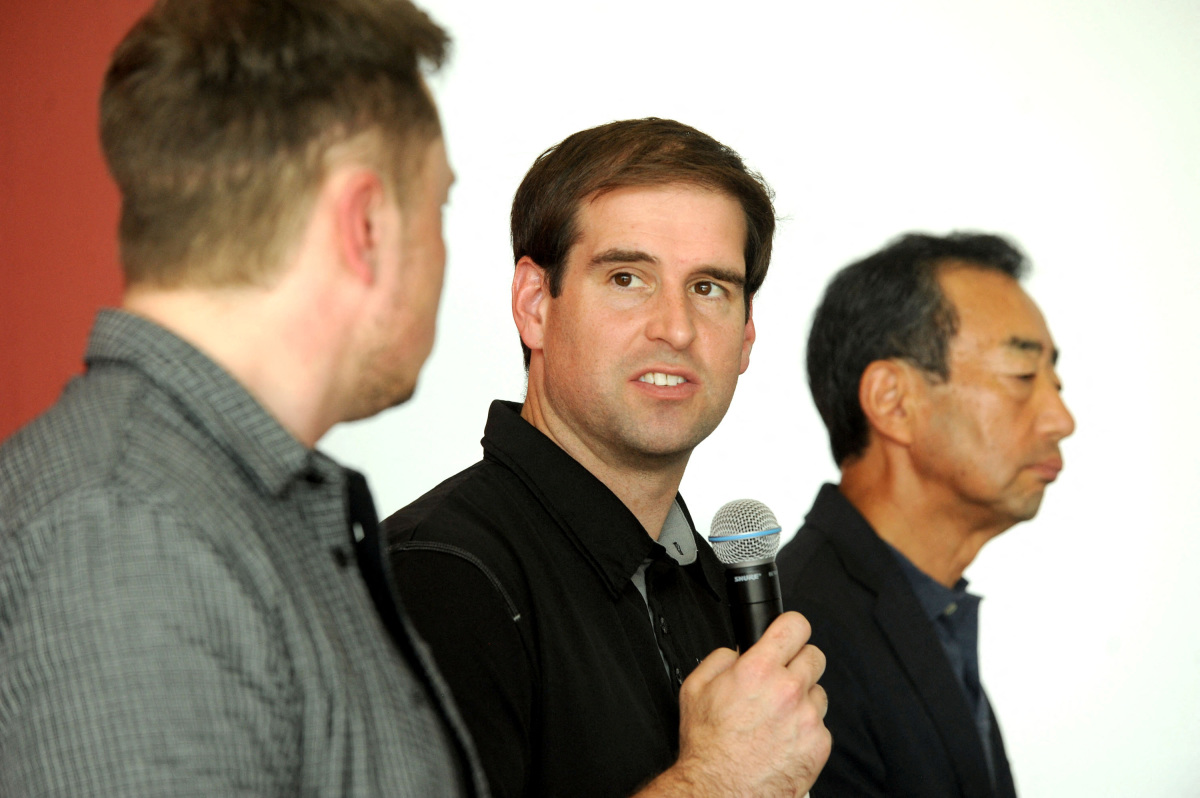Reuters
Consumer and child protection advocates in Mexico mobilized this week to push for the government to enact rules preventing popular online influencers and corporations from targeting kids with misleading social media hype for junk food and other products.
Campaigns led by influencers promoting junk food and other unhealthy products drew the most fire from campaigners organizing under the slogan “Influencer Law Now.” Advocates called for tighter Mexican laws governing advertising on fast-growing digital platforms targeting children, an especially susceptible group.
“We need more protection for citizens and children,” said Clara Luz Alvarez, a telecommunications expert at Mexico City’s Panamerican University, arguing that tighter rules in Mexico should include a required common label to flag all content that is advertising.
One in three Mexican children between ages 6 and 19 are overweight or obese, according to recent UNICEF data. Consumer advocates say social media personalities play an outsized role in food, drink and fashion choices made by hyper-connected youth who spend a lot of time on platforms like Instagram and TikTok.
“The risks of not having legislation in place is that children and adolescents are very vulnerable and would be much more exposed to very aggressive marketing techniques and strategies,” said Fiorella Espinosa, who develops nutrition studies at UNICEF’s Mexico headquarters.
Espinosa wants stronger regulations, possibly including a ban on advertising for products that already carry mandatory labels warning of excessive sugars, calories or saturated fats. She said regulations are preferable to expecting profit-maximizing social media platforms to police themselves.
“Expecting self-regulation from the companies has not worked,” she said.
The 2022 study “Influencer junk food,” conducted by Mexico-based consumer advocates Tec-Check and El Poder del Consumidor, documented ad campaigns by eight large companies that have hired influencers to sponsor unhealthy food on social media, pushing misleading and harmful ads in those largely unregulated spaces.
“Influencers nowadays promote any kind of advertising and disguise it as a personal recommendation,” said Tec-Check co-founder Fiorentina Garcia at an event presenting the study findings on Tuesday.
The study focused on social media ad campaigns on Instagram, Facebook and TikTok by top companies including Nestle and Coca-Cola.
Representatives for Nestle and Coca-Cola in Mexico did not immediately respond to a request for comment.
The pair of global food and beverage makers, plus others, have opposed in court the Mexican government’s 2020 labelling law that obliges them to prominently display the unhealthy characteristics of their products.







